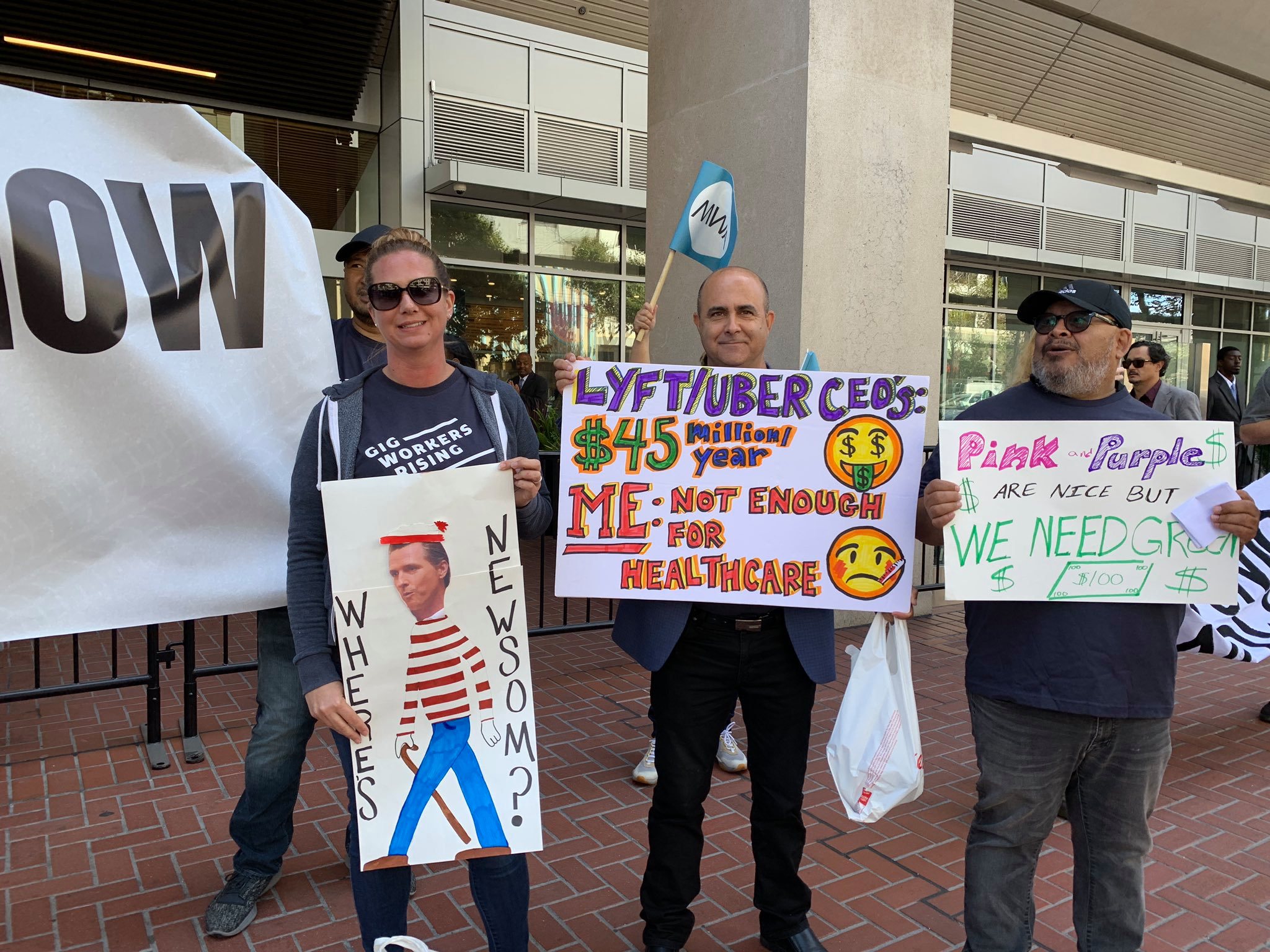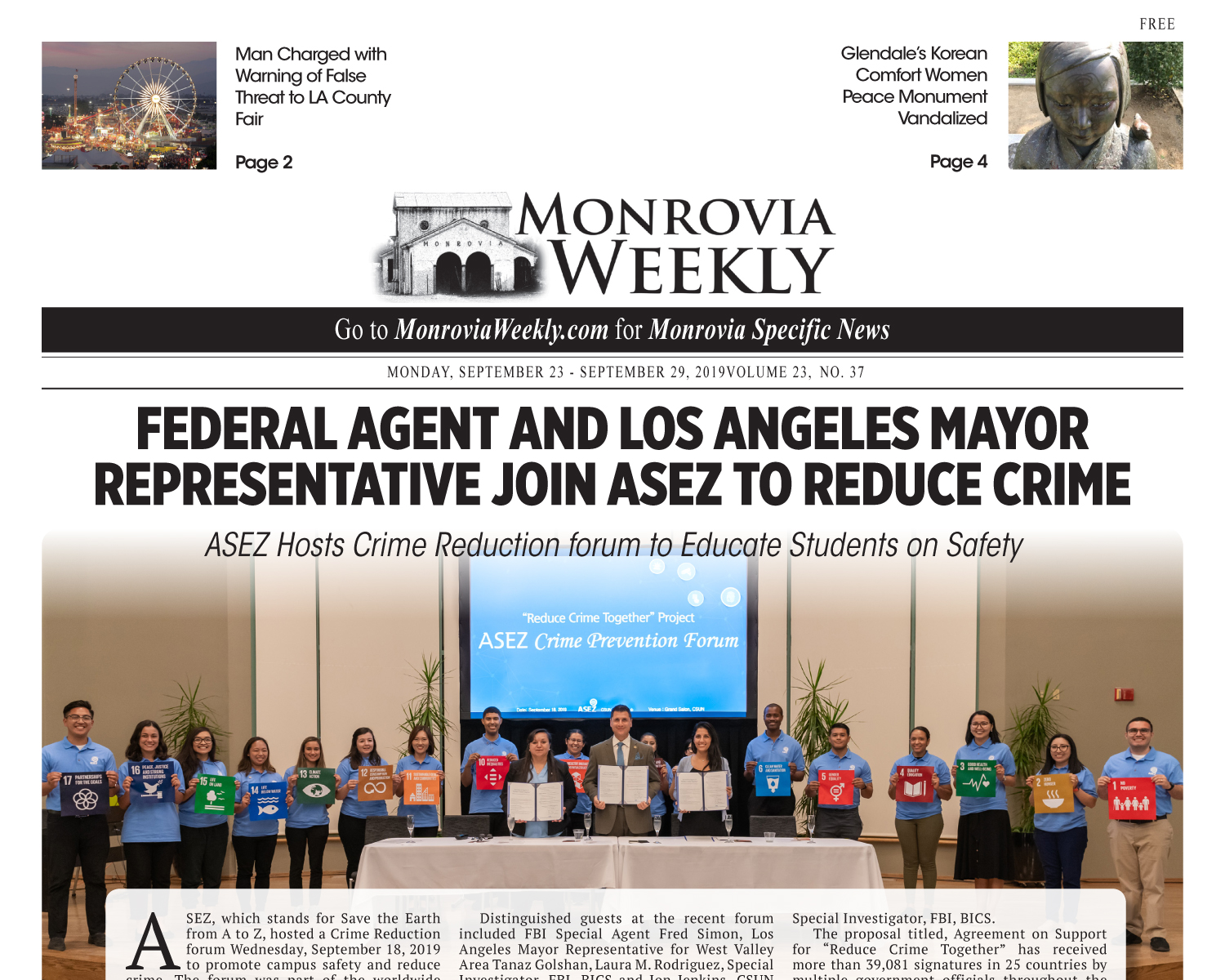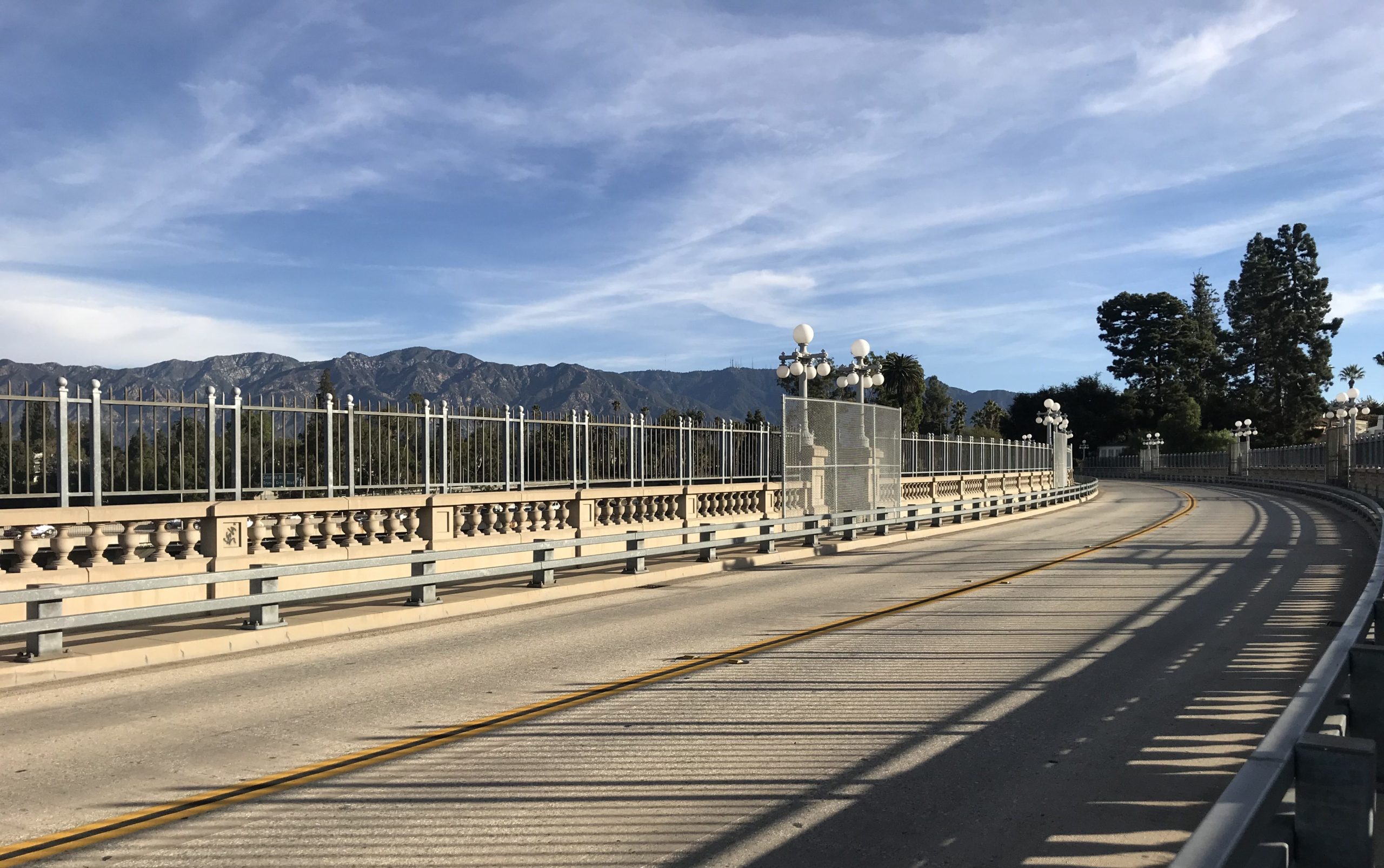
Governor Gavin Newsom signed into law Assembly Bill 5 (AB5) which aims to transform the gig economy by reclassifying some “independent contractors” as employees. The bill mandates that companies apply the “ABC test” to prove their workers are independent contractors—the classification gig economy companies use to dodge labor protections like overtime pay and health insurance—rather than full employees.
The law, set to take effect Jan. 1, 2020, is expected to create new operating costs. Among the companies that would be impacted are Uber, Lyft, Postmates, and DoorDash, along with any other industries that rely on the use of independent contractors to operate.
As a result, AB5 will impact GoMonrovia. According to a Barclays analysis, treating California drivers as employees could cost Uber $500 million a year and Lyft $290 million a year. As companies are apt to do, this cost increase will most likely be passed on to consumers, including the GoMonrovia program.
According to the latest City Manager’s Update, GoMonrovia is fiscally sustainable as of now; with projected Lyft costs falling right in line with the city’s identified transportation revenue of $1.2 million per year.
However, staff believes the city should consider instituting a “relatively minor” GoMonrovia rider fare cost increase to address the “significant uncertainty for the gig economy” by creating “financial breathing room for the overall program.” The city reasons that if Lyft is affected by AB5, the financial cushion created by price increases will give the city “more options for assessing future challenges that [it] will no doubt have to address.”
Staff is recommending the following program fare modifications be implemented by Nov. 1:
- $1 per shared ride to and from Old Town and the Gold Line Station (a 50 cent increase).
- $3 per shared ride anywhere else in the service area (a 50 cent increase).
- $5 per classic ride anywhere in the service area (no change in price).
According to the city’s analysis, if the new fares are implemented, the overall program costs will decrease by around $180,000 per year.
The matter will be considered by City Council.







